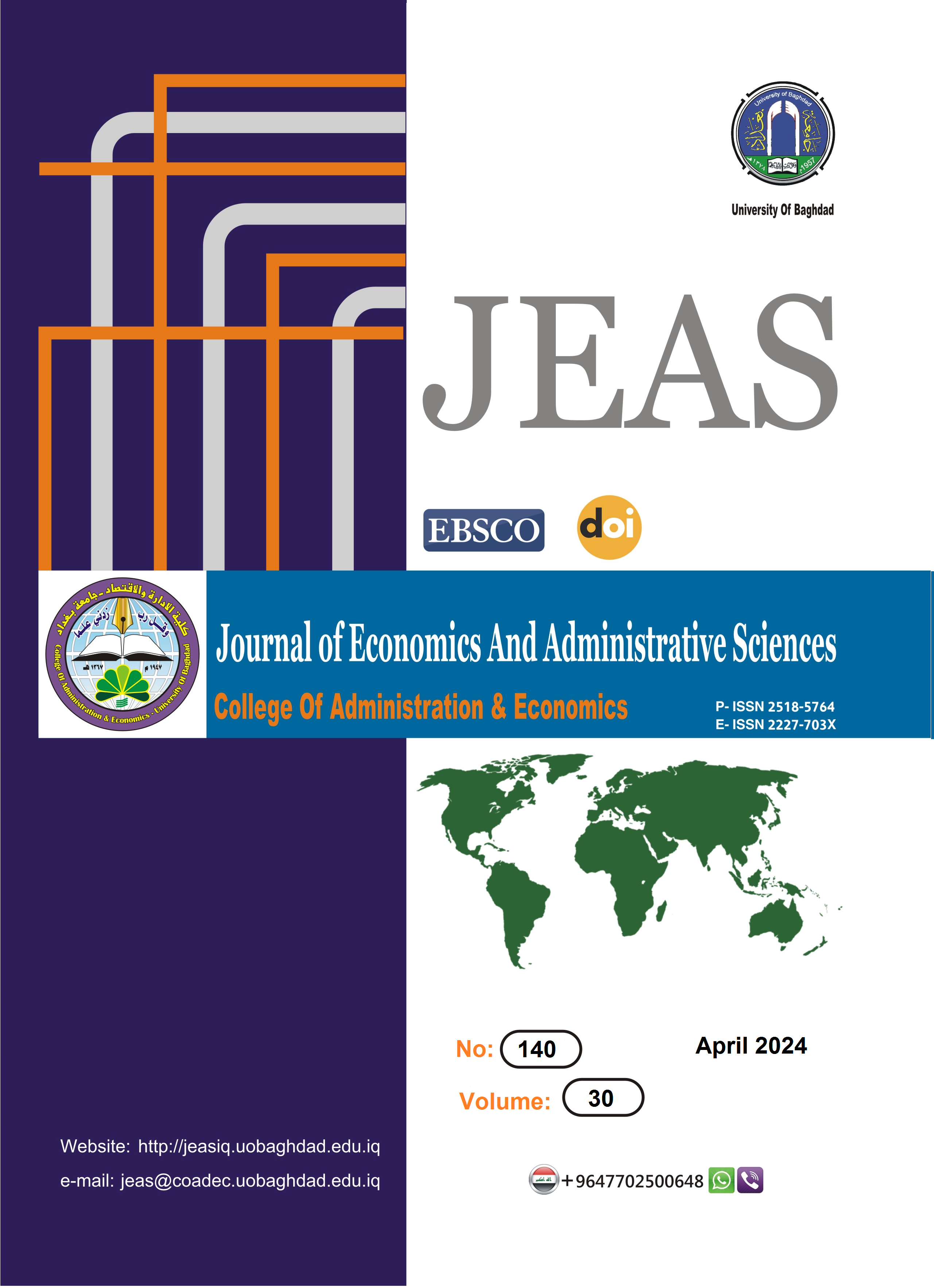The Effect of Blended Learning on Crisis Management During the Corona Pandemic (COVID-19 )
DOI:
https://doi.org/10.33095/peze8h20الكلمات المفتاحية:
: Blended learning, Crisis management, Corona pandemic.الملخص
This research endeavors to investigate the influence of blended learning on the effective management of the educational challenges posed by the COVID-19 pandemic within nine government and private colleges in Iraq, to assess the level of interest exhibited by these institutions in the principal research variables and their dimensions. Additionally, the research seeks to formulate a set of conclusions aimed at enhancing performance standards to ensure the attainment of quality outcomes. These conclusions are founded upon the novelty and pressing significance of these variables in sustaining the educational process.
The research methodology adopted for this research is primarily descriptive and analytical. The research population comprises teachers affiliated with departments specializing in administrative and economic sciences across the selected colleges, with a total sample size of 142 teachers. The principal research instrument employed is a questionnaire distributed to the aforementioned teachers. Furthermore, the research harnesses SPSS V.26 statistical software, for the analysis of the primary data. Both descriptive and inferential statistical techniques are utilized to assess and validate the research hypotheses. The statistical analysis reveals several noteworthy findings, most notably a substantial correlation and impact of blended learning across its dimensions (infrastructure suitability, teacher readiness, student readiness, and curriculum suitability) in the realm of crisis management, encompassing various dimensions
) the detection of warning signals, preparedness and prevention, damage containment, activity restoration, and learning(.
Paper Type: Research paper
التنزيلات
منشور
إصدار
القسم
الرخصة
الحقوق الفكرية (c) 2024 مجلة العلوم الاقتصادية والادارية

هذا العمل مرخص بموجب Creative Commons Attribution-NonCommercial-NoDerivatives 4.0 International License.
Articles submitted to the journal should not have been published before in their current or substantially similar form or be under consideration for publication with another journal. Please see JEAS originality guidelines for details. Use this in conjunction with the points below about references, before submission i.e. always attribute clearly using either indented text or quote marks as well as making use of the preferred Harvard style of formatting. Authors submitting articles for publication warrant that the work is not an infringement of any existing copyright and will indemnify the publisher against any breach of such warranty. For ease of dissemination and to ensure proper policing of use, papers and contributions become the legal copyright of the publisher unless otherwise agreed.
The editor may make use of Turtitin software for checking the originality of submissions received.
























